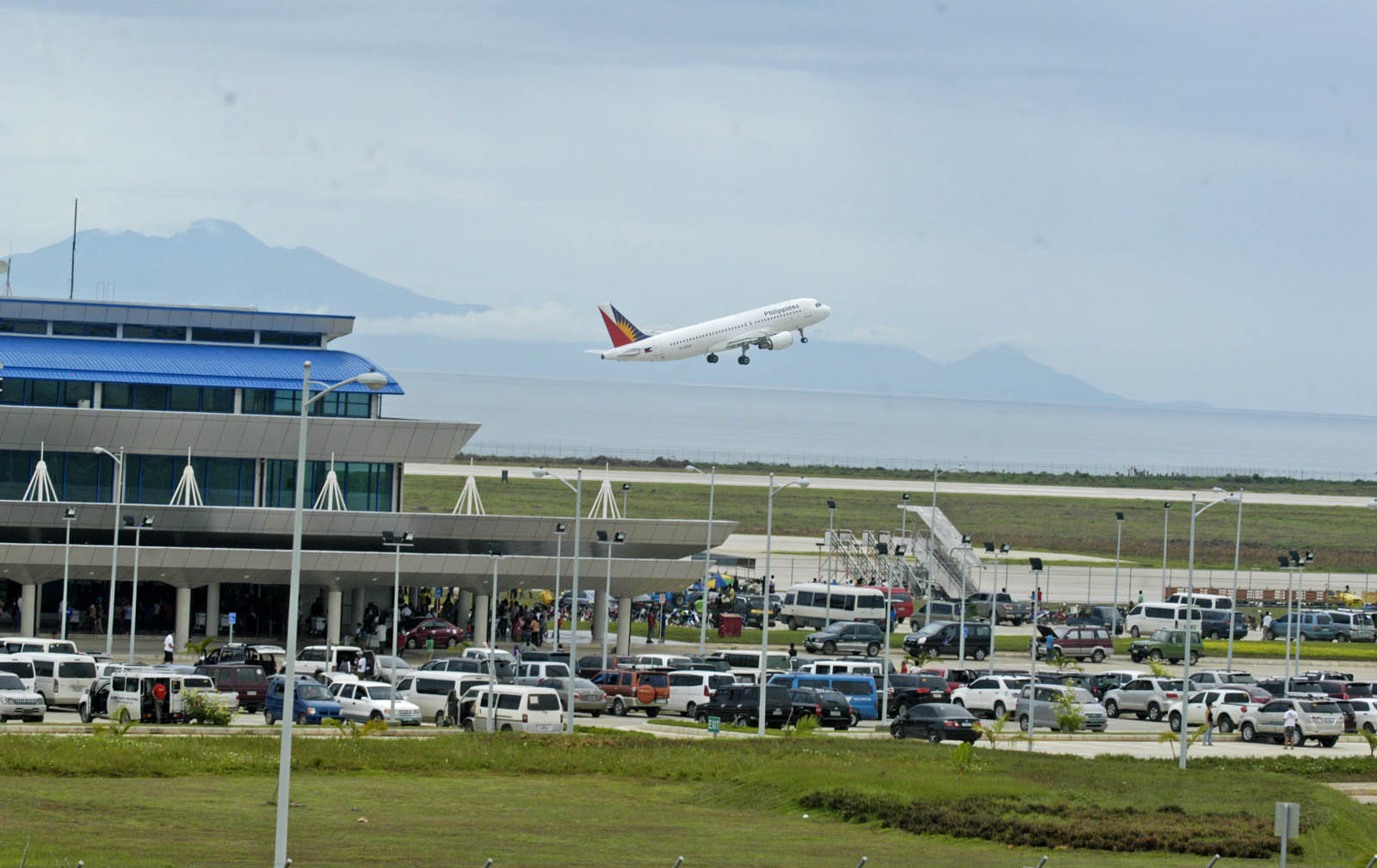
FDC Utilities, Inc. (FDCUI), a subsidiary of Filinvest Development Corporation (“FDC”) and ENGIE Services (Philippines) (“ENGIE”), formerly Cofely Philippines, signed a joint venture agreement for the incorporation of Filinvest-ENGIE Renewable Energy Enterprise, Inc. (FREE), to develop solar energy rooftop systems for Philippine customers.
The systems are set to allow a customer to save up to 30% of its energy spend while reduce its carbon footprint and increase grid reliability.
This partnership marks a significant milestone as the Filinvest group and ENGIE group embark on its second collaboration, having concluded a joint venture agreement for the incorporation of Philippine DCS Development Corporation (PDDC) to develop and operate a District Cooling System (DCS) located in Northgate Cyberzone. These projects underline commitments by both parties to the Philippines to invest and operate sustainable energy solutions.
Continuing FDC’s tradition of making positive impact in the lives of Filipinos, FDCUI is committed to empower communities by providing reliable and affordable electricity all over the country. Backed by a strong management team that has invaluable experience in the power sector, FDCUI brings along a seasoned approach in developing energy projects across the country. It likewise aims to achieve sustainable growth through a diverse portfolio as it explores potential renewable energy sources including hydro and biomass projects. This initiative is considered a key movement towards achieving the common purpose of FDCUI and ENGIE. FDCUI is likewise well cognizant with the Philippines’ regulatory processes and regulatory framework in power project development in the Philippines, which shall contribute further to successful service delivery.
“We look forward to this milestone. The partnership is a wonderful opportunity for us to pursue new markets while steadfastly addressing the country’s relevant and pressing energy needs. FREE will strengthen FDCUI’s resolve in building sustainable Filipino communities,” said FDCUI President and CEO Juan Eugenio L. Roxas.
ENGIE will bring along its knowhow and experience acquired through the installation of 700 MW of roof top solar outside the Philippines. The projects will reduce Philippine dependence on fossil fuel, reduce the carbon footprint for its customers, and save energy through renewable energy and energy efficiency projects.
“As a leading global energy developer, we’re proud to partner with the Filinvest group, to support the growth of the local clean energy economy. With this joint agreement, we can leverage the potential of solar energy across the region, helping us make important progress towards promoting our clean energy generation agenda,” said Pierre Cheyron, CEO, ENGIE Services Asia-Pacific.
Under the collaboration, FREE has already secured interest from multiple large corporations to supply renewable power through systems installed on their premises. FREE and PDDC are looking at supporting other Filinvest projects, where both DCS and renewable energy systems can be jointly deployed to foster energy efficiency of buildings and districts in the Philippines. (PR)
Disclaimer
Mindanao Gold Star Daily holds the copyrights of all articles and photos in perpetuity. Any unauthorized reproduction in any platform, electronic and hardcopy, shall be liable for copyright infringement under the Intellectual Property Rights Law of the Philippines.





